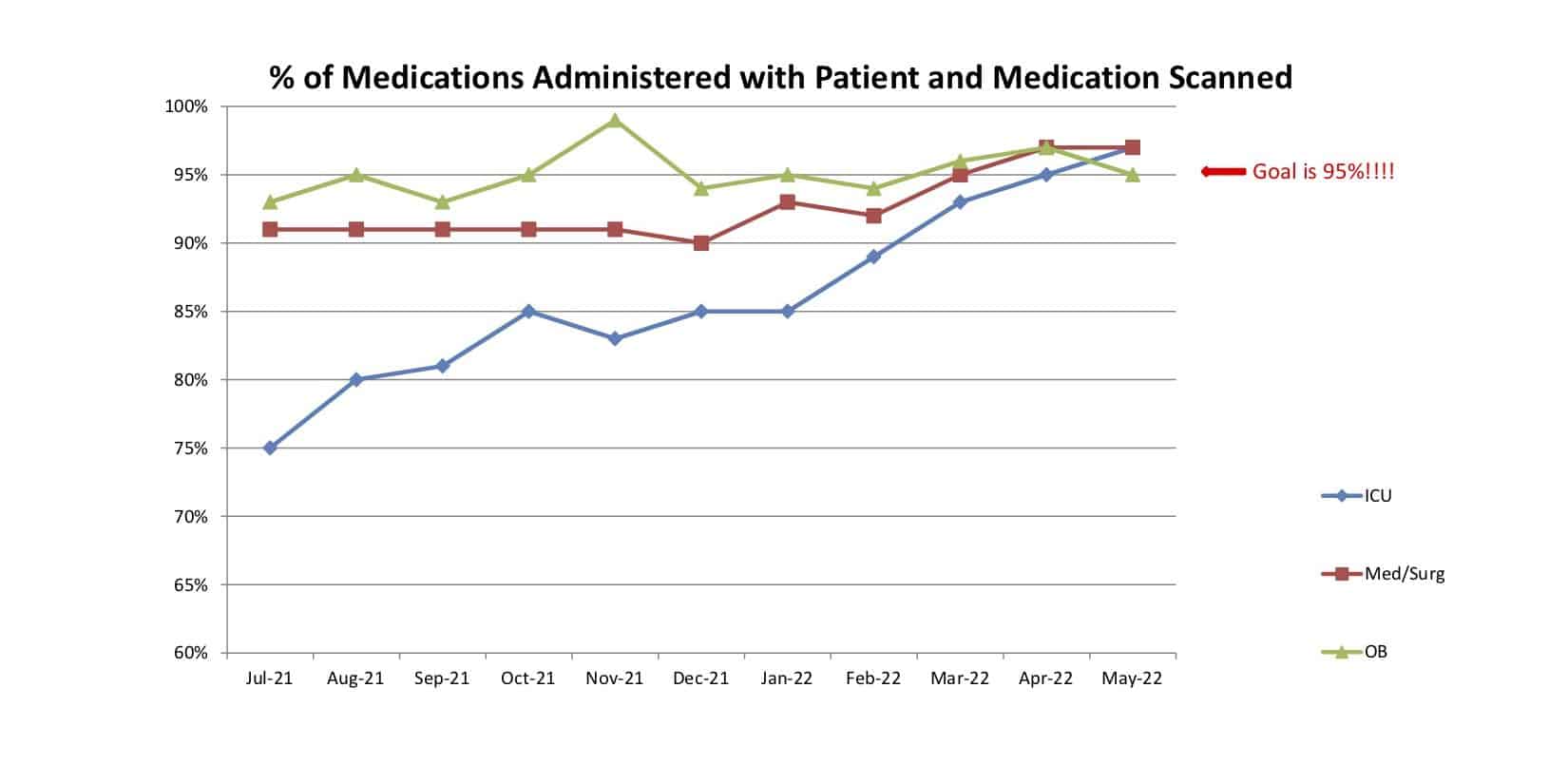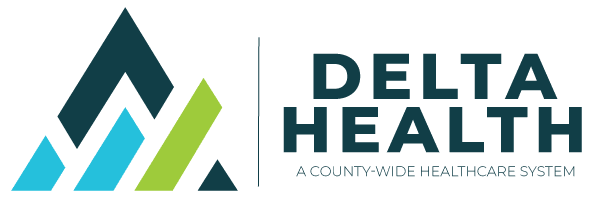Quality and Safety
WHAT IS QUALITY AND SAFETY?
Delta Health is committed to the best quality of care and ensuring that patients are kept safe at all times. But what is the definition of quality in the hospital setting?
Delta Health has adopted the definition of quality as defined by the federal Agency for Healthcare Research and Quality (AHRQ): “doing the right thing, at the right time, in the right way – and having the best possible results.”
Quality is a process – it involves analyzing systems, outcomes, patient perceptions, and organization structures with the ultimate goal of care that is safe, effective, efficient, patient-centered, equitable, and timely.
MEDICARE HEALTH AND SAFETY REGULATIONS
To participate in Medicare, hospitals must comply with Medicare health and safety regulations. Our accreditation entity, DNV, regularly inspects and evaluates our compliance with these standards. In addition, quality data is reported to the Centers for Medicare and Medicaid Services (CMS) and publicly reported as “Core Measures.” Delta Health’s quality data can be found on CMS’s Hospital Compare website. This publicly reported data also includes patient satisfaction scores.
PATIENT SAFETY
Patient safety is one aspect of the quality-of-care spectrum. The World Health Organization defines patient safety as “the prevention of errors and adverse effects to patients associated with health care.” Delta Health is vigilantly working to improve patient safety and two examples of patient safety improvement activities are listed below.
Infection Prevention
Hospital-acquired infections are infections that develop during the course of a patient’s hospitalization. Hand hygiene is an important aspect at preventing these infections. Delta Health staff audit and analyze compliance with hand hygiene and are always striving to ensure staff follow procedures for hand hygiene with every patient encounter.
Medication Safety
Delta Health is committed to ensuring the “seven rights” of safe medication administration: right patient, right drug, right dose, right time, right route, right reason, and right documentation. This commitment, combined with leadership support, has led Delta Health to adopt new prescribing and medication administration technologies that assist in reducing medication errors. This system is called computerized physician order entry. This system enables providers to enter orders for medications or diagnostic tests into a computer instead of using a handwritten form. Computerized orders are easier to read than handwriting, reducing the risk of misinterpretation. The system software can also deliver tips, reminders, best practices, and automatic alerts about potentially harmful drug interactions or allergies. In addition, a bar-coding system for medication administration has been implemented. This is an integrated software system that combines wireless technology with a hand-held bar-code scanner. Patient medication doses are bar-coded and scanned along with the patient’s wristband prior to medication administration. That helps reduce errors and increase safe medication administration.
We have implemented a focused process improvement plan focused on improving our barcode scanning percentage in our inpatient units. You can see the Delta Health Inpatient team has hit the 95% goal for scanning medications on the graph below.

What you can do to promote safety
You are an important member of your care team. We encourage you to become part of the team and to work with us to keep you as safe as possible. Here’s how you can help:
- Speak up if you have questions or concerns. If you still don’t understand, ask again. It’s your body and you have a right to know.
- Participate in all decisions about your treatment. You are the center of the health care team.
- Bring a list of all your current medications including strength, dose, and frequency. This list should include vitamins, supplements, and all other over-the-counter medications that you take.
- Tell your doctors and nurses about any allergies or negative reactions to medications or foods.
- If you don’t see your doctor, nurse, or caregiver wash his/her hands before touching you, ask them to.
- Have a trusted family member or friend available to assist as your care partner. This person can be a second set of ears to listen to the information that your doctor is telling you and help make sure that you follow the instructions as directed.
- Ask about signs and symptoms that are important to watch for to identify problems and prevent complications.
- Tell your doctors and nurses about any allergies or negative reactions that you have to medications or foods.
- Ask your doctor why you need to take the medication that is prescribed for you.
- Ask about the care you’ll need after leaving the hospital, and arrange any referrals and after care that is recommended.
- Falls can happen in the hospital. Here are some activities you can do to prevent them:
-
- If you are asked not to get up without assistance, please follow this direction. This is for your protection.
- If you are allowed to get out of bed and walk on your own without assistance, make sure there is a light on where you are and where you are going.
- Wear non-skid socks or rubber-soled slippers or shoes when walking.
- Sit or stand up slowly. Sit on the side of the bed before standing and slowly stand up. Do not attempt to walk by yourself if you feel weak or unsteady on your feet.

